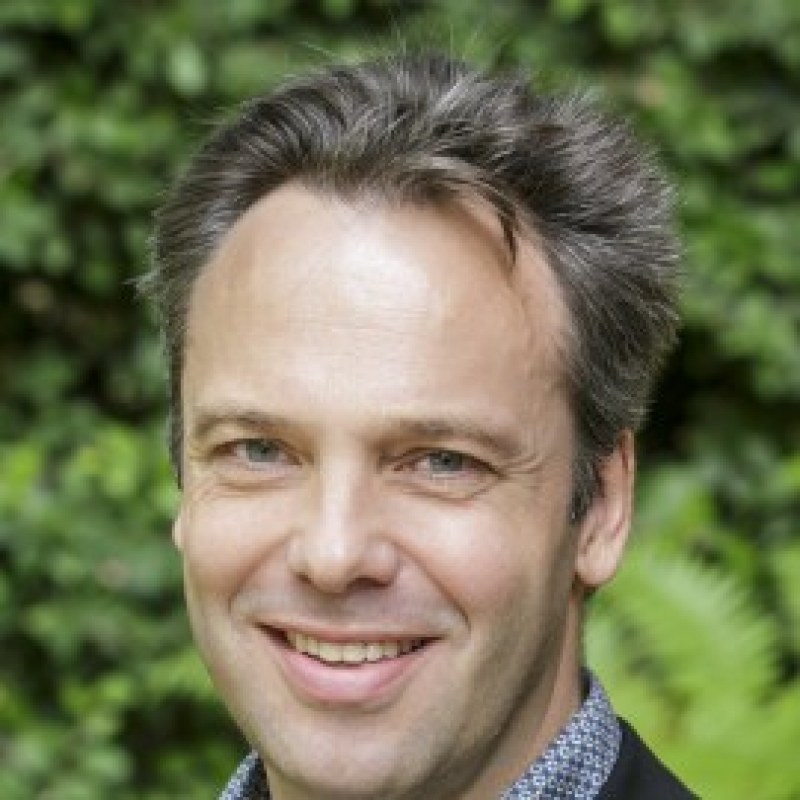Titus Galama receives Marie Skłodowska-Curie Doctoral Network grant
Research fellow Titus Galama (Vrije Universiteit Amsterdam), who is affiliated with the European Social Science Genetics Network (ESSGN) project on behalf of the School of Business and Economics, will spend part of the grant money (€548,740) together with scientists and students from Vrije Universiteit Amsterdam, studying the relationship between genes (nature) and environment (nurture) in health, education and work. One of the spearheads is to better understand the causes of inequality.

The ESSGN project is a consortium of several universities and non-academic institutes in which, among others, VU Amsterdam, Erasmus University, Oxford University, WHO's IARC, KNAW, RAND and the British Ministry of Science participate. Each year, seven academic grantees with a shared interest in social science genetics are brought together to use, for example, genetic information to improve insights into ancient issues in the social sciences. The goal is thus to educate the next generation of scientists in this new field through training. At these meetings, topics such as the origins of inequality, the ancient debate of "nature versus nurture" and the extent to which the interaction between environment and genes is important in shaping the lives of individuals are discussed.
Read more on the website of School of Business and Economics.